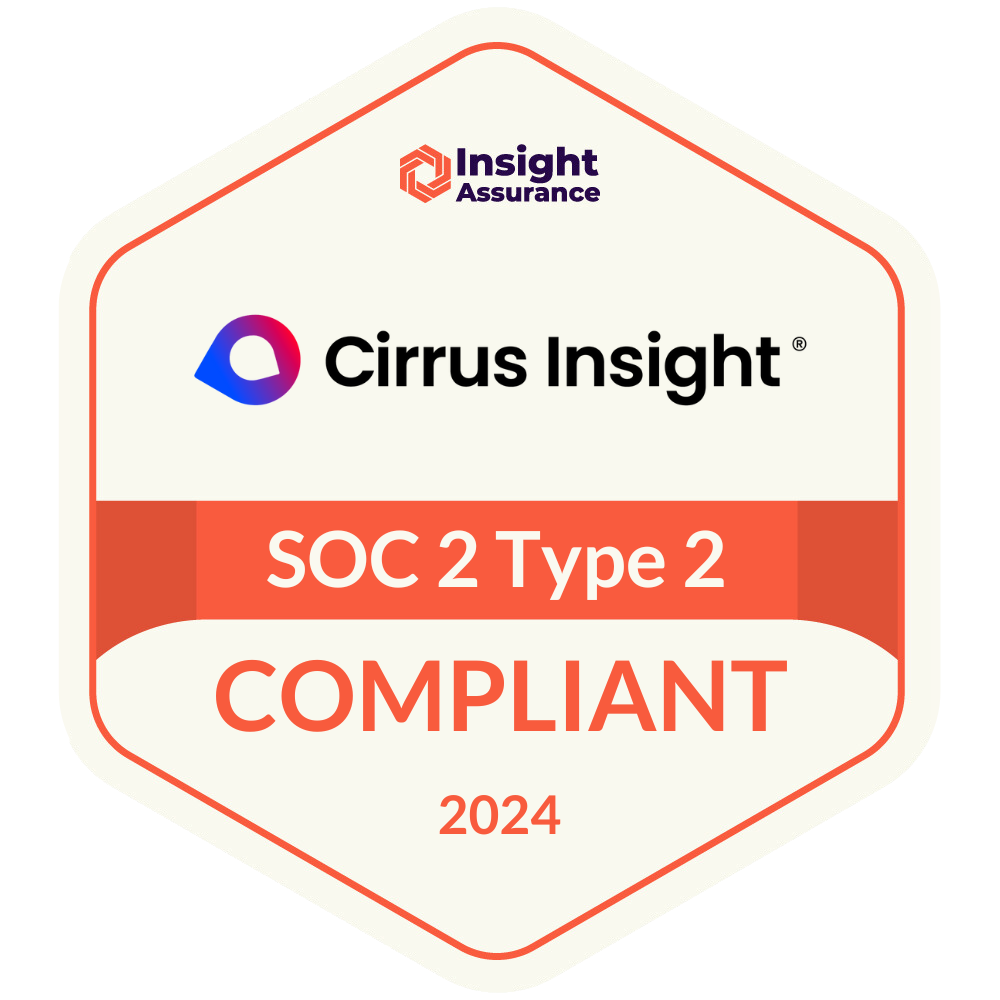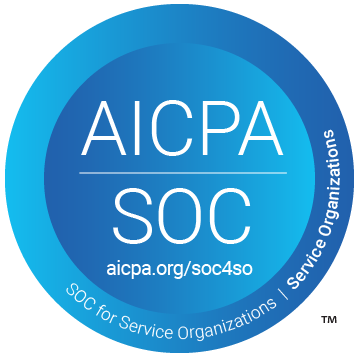- Solutions
-
Products
-
Resources
Sales Automation Tools | Cirrus Insight by Kristi Campbell View all Blog Posts >Get the App, Get the Sidebar, & Get Your Trial Going HereUnleash limitless growth opportunities by partnering with Cirrus Insight.
- Pricing
Filter By:
- All topics
- Sales Productivity
- Sales Intelligence
- Salesforce
- Sales Strategy
- Sales Prospecting
- Book More Meetings
- Best of
- Company News
- Product
- Sales Leadership
- CRM Admininstration
- Sales Metrics
- Supercharge Sales Activity
- Team Scheduling
- Admin
- serious insights
- Prospect Smarter
- Sales Activity Data
- Sales Forecasting
- Scheduling Solutions
- Prospect Faster
- Auto-Sync Everything To Your CRM
- Chrome
- Comparison
- Financial Services
- For Admins
- Getting Started
- IT & Security
- outlook
Subscribe to our Blog for the Latest Insights
Join our blog community to stay informed and receive fresh content and actionable tips directly in your inbox.
Organization and Productivity Tips for Students
Success can encompass a variety of different achievements, but reaching these goals involves some standard strategies that every student can use. Whether a student is still in high school or has advanced to college, organization and productivity will be important for staying on track, achieving goals, and excelling in general. Learning how to manage time and using both short- and long-term goals are keys to success. With these life skills, a student can look forward to a long and productive career both during school and after graduation.
Organization Is Key
Organization involves creating detailed plans to complete work and achieve goals. A daily schedule is crucial for organizing assignments, projects, work hours, study hours, relaxation, meals, and sleep. Everyone has an individual rhythm that dictates productivity: Some people are more energized in the morning, while others get more done during the evening hours. Creating a daily schedule that fits with personal energy levels will help with achieving goals and staying on task. Setting long-term goals is important for students so they have a concrete idea of what they want to achieve. Examples of long-term goals may be achieving a specific grade in a class or learning to speak a foreign language fluently. Then, students can break up the long-term goals into shorter tasks that need to be done to achieve the full goal. Short-term goals may be passing quizzes, completing assignments on time, or staying on task with daily to-do lists. Completing these short-term tasks can be satisfying and energizing.
- Get Organized in College
- Successful Semesters Start With Studying, Sleeping, and Staying Organized
- Organization 101: How to Keep Yourself on Track With Work, Family, and Online Classes
Increase Your Productivity
Organization is a crucial step to improve productivity. However, students can also implement other strategies to accomplish more goals. For instance, it's helpful to assess a study area to ensure that the work space is quiet and free of distractions. Eliminating noise and other distractions will help students focus on work. Making sure that all resources and materials are readily available is also helpful. To optimize productivity, students should strive to focus completely on the current task without interruption. Diverting attention away to something else while working on a task can interrupt thought processes and decrease productivity. Putting away a phone so it doesn't present a distraction can be helpful for many students. Sometimes, studying in a quiet corner of a library is also beneficial.
- How to Stay Motivated in College
- Three Strategies to Boost Your Productivity and Efficiency as a College Student
- Four Tips to Increase Productivity
- Ten Ways to Improve Your Study Habits
- Using Information Technology to Enhance Academic Productivity
- The Impact of Laptop Use in the College Classroom (PDF)
- Five Key Ingredients for Improving Student Motivation (PDF)
- Productivity Tools
Practice Time Management
Time management is important for any student, whether in high school or college. High school students typically receive more guidance and assistance from teachers in structuring their days and their schedules. In college, students are expected to be more independent, which will necessitate more responsibility in scheduling time to complete assignments. Successful time management usually involves making a daily to-do list to ensure that every task is planned and completed. The most important tasks should be at the top of the list so they are finished first. The to-do list should include several optional tasks at the bottom that can be completed if time allows. Budgeting time for each task is helpful because this will ensure that everything can be accomplished. At the beginning of a semester, it may help to keep a daily log to determine the time it takes to complete various tasks, which will help with overall scheduling. During busy periods such as exams, students may need to reassess and reorganize a daily to-do list to make extra time for studying.





